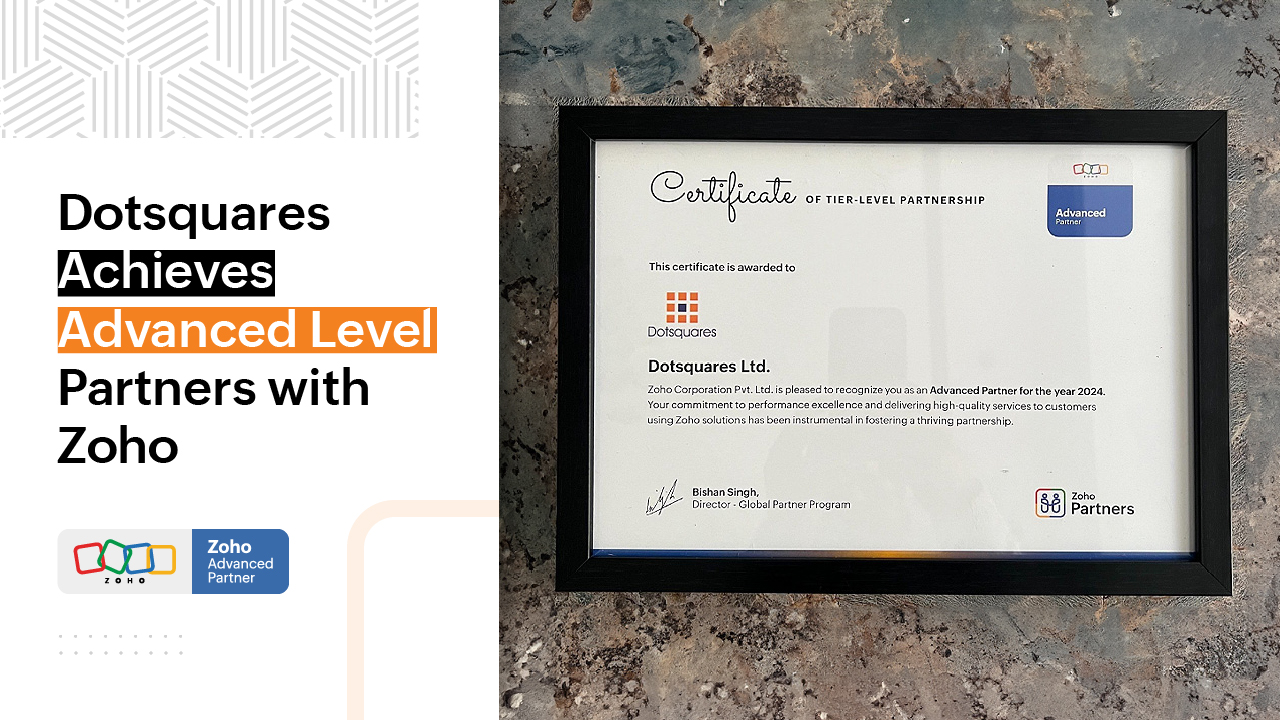October 15, 2018
In July, Google was fined by the European Union by a record amount of €4.13 Billion for allegedly cementing its dominance as a search engine through the distribution of its open-source mobile operating system, Android.
The case presented by EU stated that Google’s Android policies have violated the antitrust laws. It had made it mandatory for the manufacturers of the mobile companies using the Android operating system to install Chrome and Google Search as the in-built apps. This, the authorities said, has “denied rivals the chance to innovate and compete”. The commission can also fine Google’s parent company Alphabet a substantial portion of its global turnaround if the company fails to take the adequate steps by October 28th.

It is worth noting that, at present, Android is dominating the market with over 80% of all the smartphones across the globe using it. Clearly, such a product is crucial for the business’s profitability in the future. This is why, in response to the case, the CEO Sundar Pichai has said, that the decision issued by EU “rejects the business model that supports Android, which has created more choice for everyone, not less”.
In a comprehensive blog post, he also pointed out the direct competition with iOS phones, and how the open source and free distribution of Android has led to the availability of ‘more than 24,000 devices, at every price point’, he added, “The phones made by these companies are all different, but have one thing in common—the ability to run the same applications.”
He also defended the business model of Android stating that it has provided choice to thousands of phone manufacturers to build and sell their devices, whilst also providing millions of app developers with tools to build their businesses around the operating system.
In answer to this, the director of London’s Institute for Global Law, Ioannis Kokkoris has said that the EU’s decision is ‘clear cut’. He also added that Google still has scope to oblige to the decision whilst also maintaining the company’s profitability by presenting Android users with the choice of selecting their preferred search providers. He says that since most users are already comfortable with Google as a search engine, many would make the decision to stick with it even when given the choice.
It is noteworthy, Google’s version of Android does not actually prevent users from downloading the third-party browsers or using any other search engine from Chrome, as Sundar Pichai himself pointed out, “they’re [the phone makers] also free to pre-install competing apps alongside ours. This means that we earn revenue only if our apps are installed, and if people choose to use our apps instead of the rival apps.”
However, the original build of the operating system is such that the users don’t go out of their way to explore other options. As Margrethe Vestager, the EU’s competition commissioner, said: “Only 1% of users downloaded a competing search app, and 10% a different browser.”
Last year, Google was confronted by Russian regulators with similar cases. Now the Android users in the country are asked which is their preferred search engine when they first open the Chrome browser. This change has particularly benefitted Yandex search engine, which overtook Google in last month and became the top search engine on smartphones.
Perhaps, it is this outcome in Russia that has made Google apprehensive of making similar changes in the European Union. In any case, Google seems to have made certain progress to come off clean from this case, as Margrethe Vestager said after the submission of the second progress report by Google, “We had another compliance report… and we see improvements in numbers”.
It now remains to be seen how Google will bring out other changes to avoid the bigger fines from the commission. This case would also set precedence for other high legal requirement cases, on whether they can take ‘interim measures’ to delay the ultimatums or take other steps to save their business models. This case also has the interest of the open-source services providers piqued, as most of their future business models may also come under the radar of this case’s precedence.
Resources:
https://www.ft.com/content/a5ea01fe-cb0f-11e8-9fe5-24ad351828ab
https://www.fool.com/investing/2018/09/07/yandex-overtakes-google-as-russias-top-search-engi.aspx




